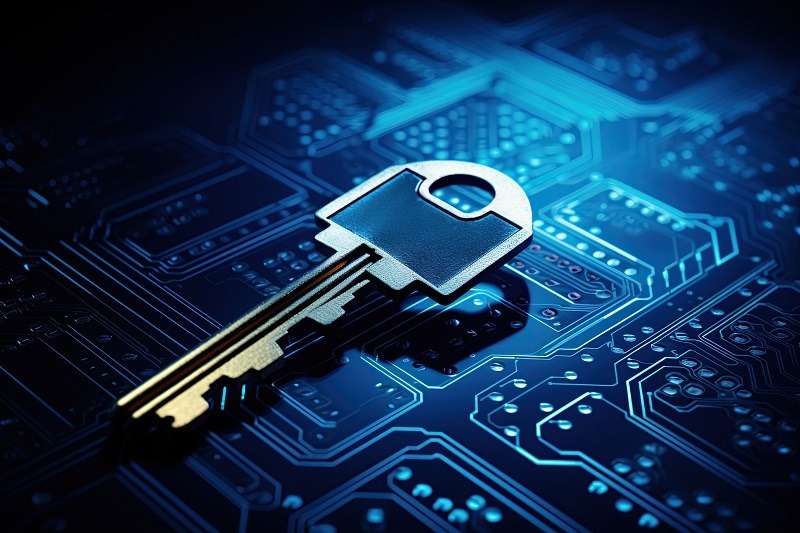Last month’s observance of Cybersecurity Awareness Month focused on several core principles for keeping your business secure, which include establishing robust passwords, embracing multi-factor authentication (MFA), staying vigilant against evolving cyber dangers, and guarding against phishing scams. However, it’s important to remember these measures go beyond protecting your business safe and are equally crucial to keep your family, home, and personal online presence secure. “It’s not a matter of if you get hacked, but when” is a phrase that continues to ring true now more than ever, and in order to minimize the impact of an attack preparation is key. Whether you’re an individual navigating the digital landscape or the head of a family unit, here are some basic steps you can take right now enhance your cyber resilience both in your professional and personal spheres.
Backup Data Regularly: Elevate the priority of regular data backups in your cybersecurity strategy. Consider both local and cloud-based backup solutions for redundancy and ensure you put your backups to the test through routine checks and restoration drills.
Educate Your Household: Information is your most potent weapon against cyber threats. Keeping colleagues, family members, and employees well-informed about the latest threats is pivotal. It can be as simple as sharing examples of well-crafted phishing emails to increase their vigilance. Moreover, empower them with the knowledge of how to respond swiftly and effectively to any cybersecurity incident.
Craft an Incident Response Plan: Develop a comprehensive incident response plan that delineates your course of action when faced with a cybersecurity breach. This plan should specify how to react, whom to contact, and the sequential steps needed for damage mitigation and eventual recovery. Even if your plan starts with a straightforward instruction like “contact the family’s designated tech expert,” having a plan in place is critical to bolstering your cyber resilience.
Stay Informed: Staying updated with the ever-evolving threat landscape is paramount. Dedicate time to check cybersecurity news at least once a week. Focus on understanding when your devices require software updates, as timely patching can thwart cybercriminals from exploiting known vulnerabilities.
Encourage Open Discourse: Cultivate an environment where discussions about suspicious activities or potential security incidents are welcomed. Drawing inspiration from the adage “See it, Say it, Sorted,” this approach discourages concealing incidents until they balloon into significant issues.
Manage All Devices: Effective asset management extends to both your home and small business environments. Keeping a meticulous record of all devices in use not only aids in their regular updates but also ensures you can promptly address any issues that arise.
Monitor Accounts: Regularly scrutinize your accounts and access records. Investigate any connections originating from unfamiliar devices, as they may serve as red flags indicating a potential security breach.
Maintain Documentation: Prepare for contingencies by maintaining physical copies of essential contact details. Ensure you have readily accessible information for financial accounts, phone carriers, internet service providers, and other relevant entities. In the event of a cyber incident, swift communication with these entities may be essential to curtail further damage.
In an era where digital threats constantly loom, it’s imperative to remain proactive when it comes to securing your business, home and personal accounts. By implementing the measures outlined in this guide, you’re on the way to ensuring better cyber resilience at home and beyond. If you’re interested in fostering a strong security environment for your business with comprehensive policies, established protocols, and stringent security measures, contact cloudIT today to learn how we can help ensure your business remains protected and compliant.




